What are the greatest cyber threats to Training organisations?
With L&D organisations holding so much personally identifiable information, they are a highly attractive target for threat actors. Furthermore, for those operating in the funded learning or Apprenticeships space, there is an enormous level of auditing and compliance measures requiring continued maintenance.
What do training organisations consider to be their greatest cyber threats? And how are they best placed to combat them? From the work Amicis does with Training businesses, we take a closer look at the trends and best steps to take in maintaining a strong security posture.
Phishing Attacks: Using deceptive emails, messages, or websites that trick users into revealing sensitive information, training providers may be targeted as a means to gain access to valuable learner data.
Ransomware: Training providers often store valuable data, such as training collateral or trainer and learner sensitive data, making them potential targets for ransomware attacks.
Data Breaches: With highly valuable training material, and very sensitive learner and trainer information, data breaches are a likely outcome if information is not adequately protected and staff not adequately trained to protect it.
Insider Threats: With training businesses often relying on contractors to deliver their courses, and a high volume of learners having temporary access to systems, the opportunity for users, both permanent and temporary, to attempt to bypass access controls is considerable. Training businesses should implement proper access controls and monitor user activities to mitigate the risk of insider threats.
Social Engineering: Social engineering is the act of manipulating people to disclose sensitive information or perform certain actions. Attackers may impersonate trainers or learners to deceive individuals into sharing confidential data or granting unauthorised access to systems.
To help avoid cyber attacks, training businesses should consider undertaking the following activities:
Conduct Regular Risk Assessments: Perform regular risk assessments to identify potential vulnerabilities and weaknesses in your systems and processes; this in turn will help prioritise security measures and allocate resources effectively.
Educate Employees: Provide regular training and awareness programs to educate employees about cyber security best practices, such as recognising phishing attempts, using strong passwords, and reporting suspicious activities.
Implement Multi-Factor Authentication (MFA): Require the use of multi-factor authentication for accessing sensitive systems and data. MFA adds an extra layer of security by combining the user’s password with a code sent to their mobile device.
Keep Software and Systems Updated: Regularly update all software applications, operating systems, and firmware on your systems. Software updates often include security patches that address known vulnerabilities and protect against emerging threats.
Backup Data Regularly: Implement a regular backup strategy to ensure critical data is securely backed up and can be restored in case of data loss or ransomware attacks. Test the backup and restoration process periodically to verify its effectiveness.
Restrict Access Privileges: Grant access to systems based on the principle of least privilege, where users are granted the minimum access necessary to perform their tasks. Regularly review and revoke unnecessary access rights to minimise the risk of unauthorised access.
Test regularly: With the number of changes in the digital environment including new courses or applications required to run certain courses, it is important to run regular penetration tests to ensure there are no easy routes in for those attempting to breach systems and steal data.
There are other areas to consider beyond what are listed above in terms of threats and protection mechanisms. If you are a training provider and want to understand the best place to start when addressing cyber resilience, while learning more about Amicis’ work in your industry, please arrange to book a call with us here, or email us on hello@amicisgroup.co.uk
